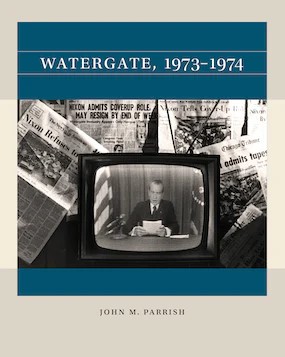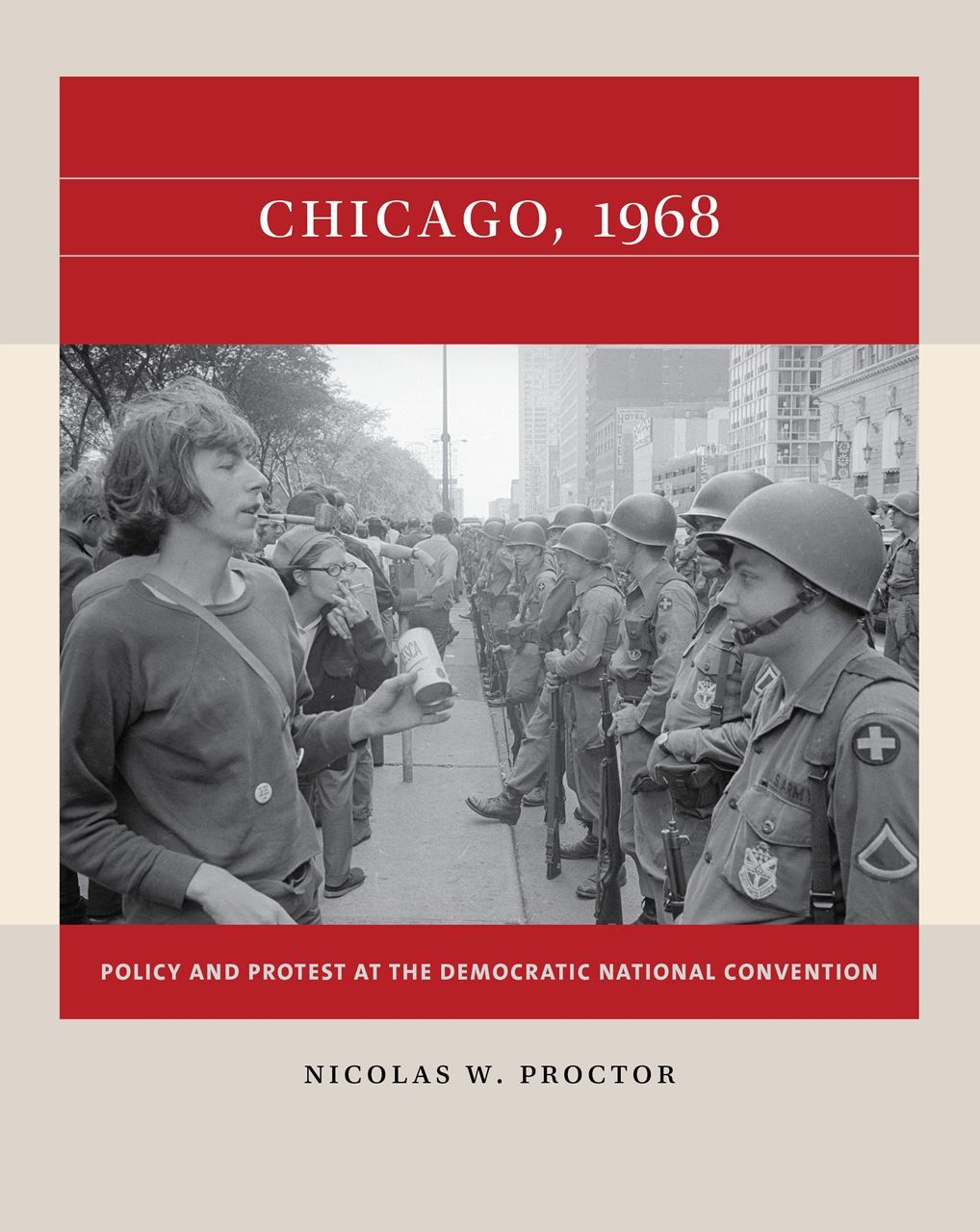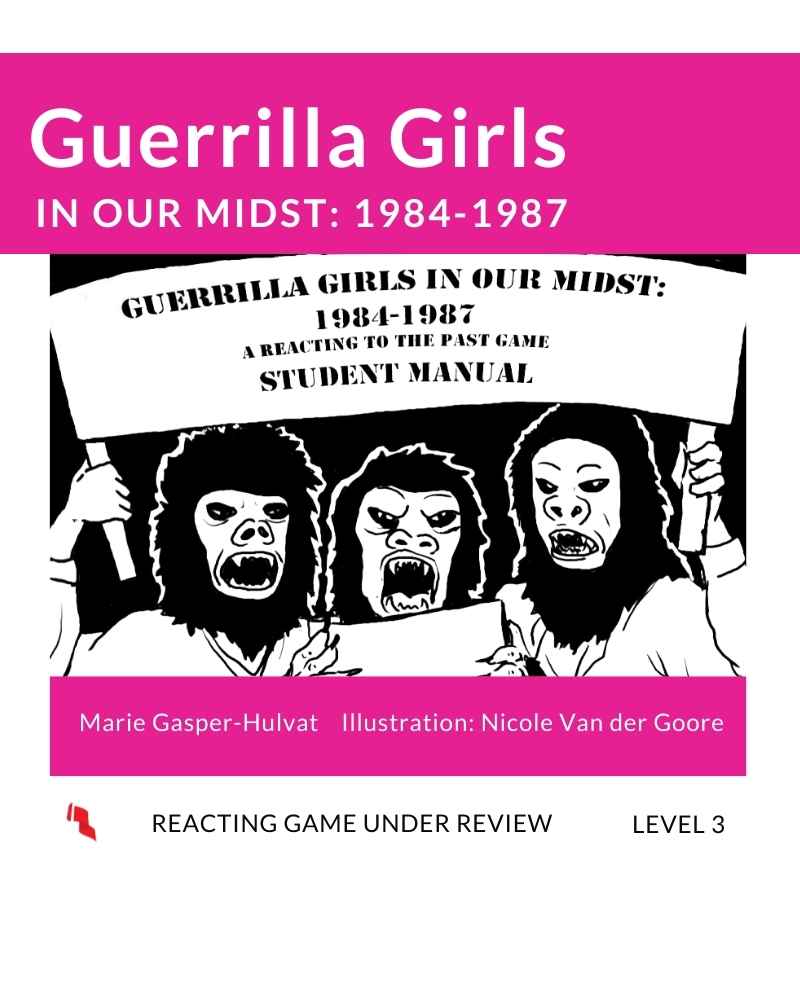 |
WATERGATE
Watergate, 1973-74
by John M. Parrish
Play this game recently? | "But if there be no accountability, another President will feel free to do as he chooses. The next time there may be no watchman in the night.” -House Judiciary Committee member James Mann, 1974 In Watergate, 1973-74, students experience the unfolding of America’s most dramatic constitutional crisis of the 20th century: the investigation of the Watergate burglary and its subsequent cover-up. Beginning in July 1973, as the point where the scandal’s main facts had finally been made public, students will portray members of Congress, the news media, and the Nixon Administration as they struggle to cope with the emerging crisis. The key to resolving the crisis are the president’s secret White House tapes – Nixon invoked questions of high constitutional principle to withhold access to the tapes from the special prosecutor and Congress – but many of his critics suspected he was merely trying to conceal evidence of his guilt. With the world’s most powerful person barricading himself within the walls of the White House and threatening to take the constitutional order itself hostage to ensure his political survival, how could well-intentioned leaders pursue truth and justice without risking collateral damage to the nation’s foundational principles and institutions? Watergate gives students the chance to understand the importance of evidence and disciplined verification in resolving conflicts of belief and value, and to wrestle with the often-frustrating complexity of using such processes to decide, under conditions of profound uncertainty, some of the most consequential questions of a nation’s political life. |
Details
|
Using the Game
Class Size and Scalability Class Time An abridged version can be played with 2 setup sessions, 3 game sessions, and 1 debrief session.
Assignments You can adjust the assignments to fit the desired learning outcomes of your class. This game can include traditional paper/research/thesis-driven writing, journalism, letter writing, and speechwriting. Many roles are expected to give formal speeches. |
 GAME MATERIALS
GAME MATERIALS
Reacting Consortium members can download all game materials below. You will be asked to sign in before downloading.
Gamebook All students need a Gamebook, which includes resources and historical content. Members can download the Gamebook, and provide it to students for free or at cost. Paperback ISBN: 978-1-4696-7517-6 Published September 2023 Available wherever books are sold. | Instructor's Manual The Instructor's Manual includes guidance for assigning roles, presenting historical context, assignments, activities and discussion topics, and more. .docx file. .zip folder with .docx files. | Role Sheets Students also need a Role Sheet, which contains biographical information, suggestions for further reading, and role-specific info or assignments. .zip folder with .docx files. .zip folder with .docx files. |
John M. Parrish
John M. Parrish is Professor of Political Science at Loyola Marymount University. His teaching and research focus on political theory, political ethics, political rhetoric and the history of political thought. He is the author of Paradoxes of Political Ethics (Cambridge, 2007) and The Decline of Mercy in Public Life (Cambridge, 2014, with Alex Tuckness) as well as numerous articles and book chapters. He has been teaching with Reacting since 2015. |
Reviews
"I think Reacting really needs a game on this topic – and on late 20th century topics in general. It’s valuable also because the issues are very topical and current, particularly with the current administration. I also think it has the potential to open students’ eyes to the problems of corruption and power in American politics, as well as the consequences (or lack thereof) of those actions." | "It’s timely, it’s an important topic, I honestly can’t wait to use this game. I am spending a lot more of my space in this review with more critical comments, but that in no way detracts from my level of excitement to try this one in my classes and to hope I have a chance to play it sometime soon!" | "Understanding Watergate the event was difficult at the time, and even more difficult for current students today. This game gets students to grapple with issues of political power and its abuse that date back to the American Revolution and forward to today. The roles are three-dimensional and possess enough range of choices to reveal how contingent the actual outcome was, and how many ways a constitutional democracy may be lost. "Watergate, 1973-74" will give students a visceral understanding of what was at stake then, and now. |
Members can contact game authors directly if they have questions about using the game. We also invite instructors join our Facebook Faculty Lounge, where you'll find a wonderful community eager to help and answer questions.
|
|
|



